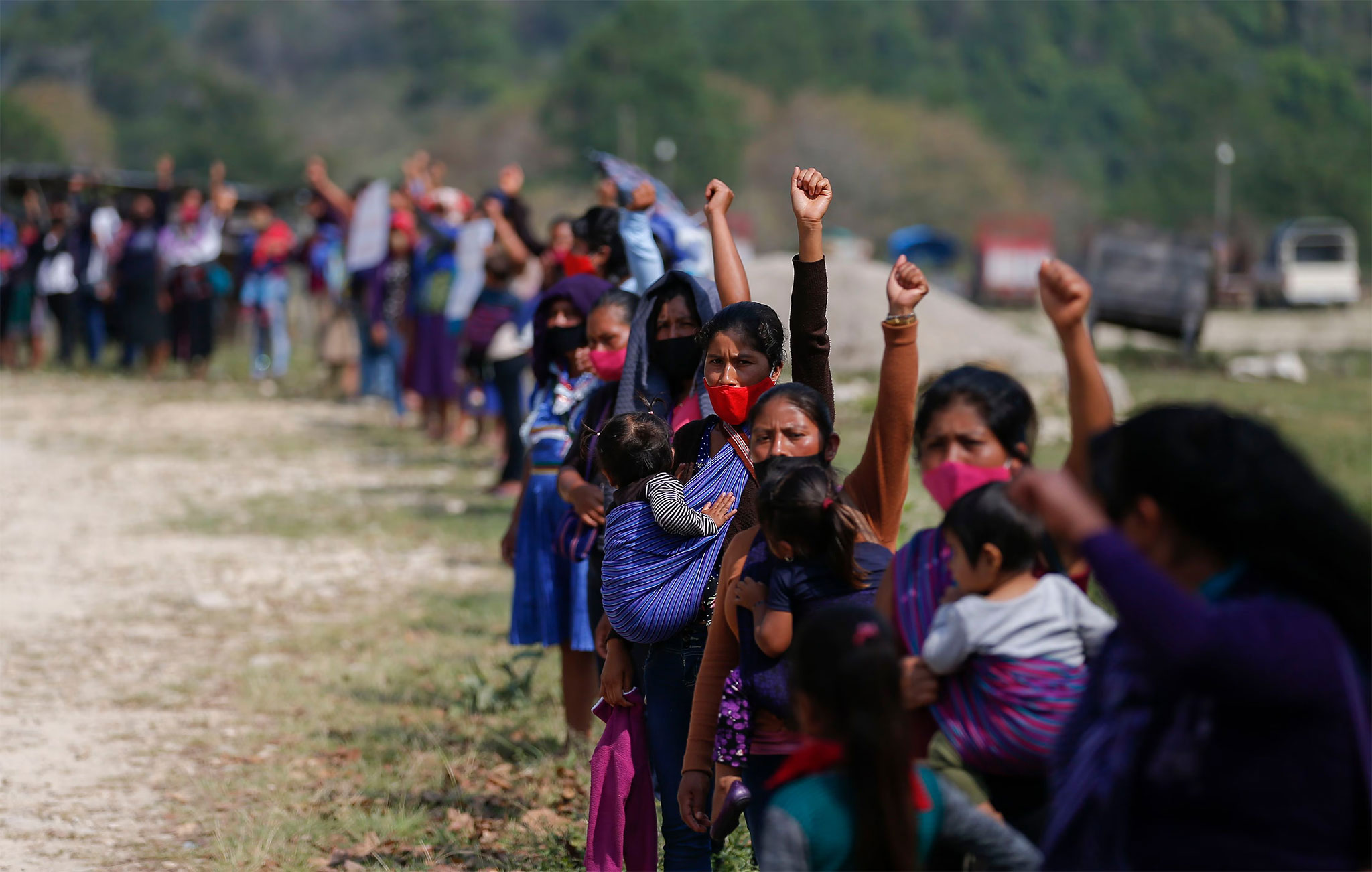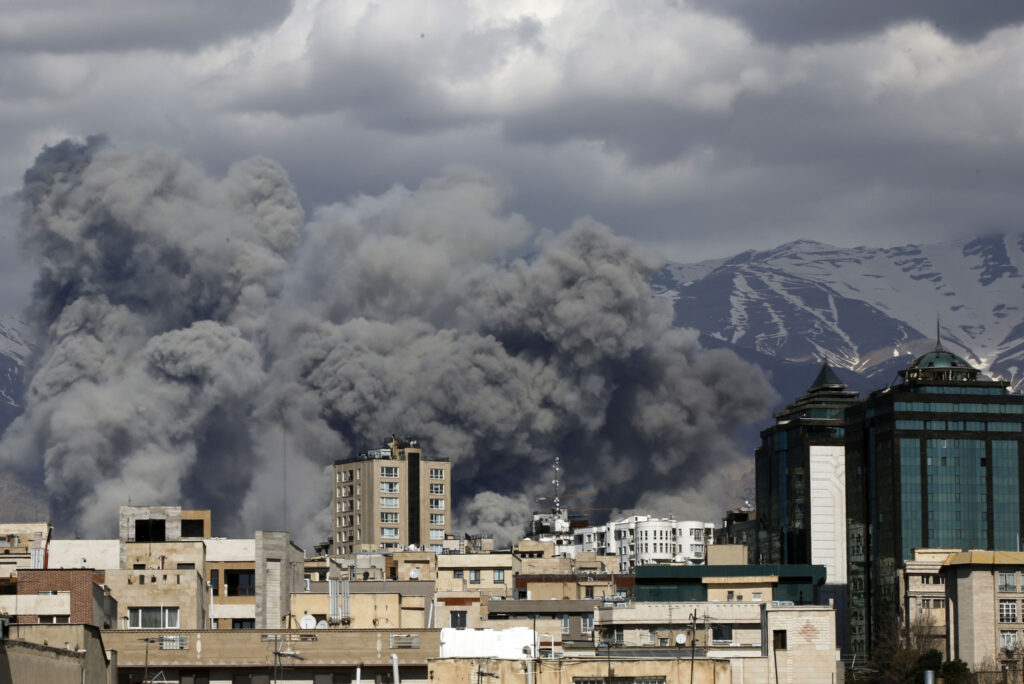EZLN Exposes Land Dispossession Supported by Army & Police
This article by Elio Henríquez originally appeared in the September 29, 2025 edition of La Jornada, Mexico’s premier left wing daily newspaper.
San Cristóbal de las Casas. The Zapatista Army of National Liberation (EZLN) released images of vehicles belonging to the Mexican Army, the Chiapas Attorney General’s Office, and state and municipal police from Ocosingo “at the service of Huixtán landowners,” who recently seized a “recovered” piece of land from Zapatista bases.
In a two-and-a-half-minute video released Monday night on the official Enlace Zapatista website, titled “Images for the Farmers’ Morning Conference,” footage of Ocosingo municipal police trucks patrolling near the property was first revealed.
Images then appear of a convoy of five units from the prosecutor’s office and the state police. Two trucks carrying Mexican Army personnel are then seen.
Once all the vehicles have passed, the sign reads: “Serving the farmers of Huixtán. Result?” Immediately afterward, a sign appears next to the wire fence of the property reading: “Private property. Huixtán joint ownership. No entry.”
The Assembly of Collectives of Zapatista Autonomous Governments and the Common Governments denounced on Sunday that, with the support of members of the Federal Army, the Ocosingo police, and the State Attorney General’s Office, residents of Huixtán “burned and destroyed houses” belonging to EZLN support bases and took over a property in the town of Belén, Caracol 8, Dolores Hidalgo.
-
Mexican Farmers to Mobilize for Food Sovereignty & Agricultural Model Transformation March 20th
Farmers will seek to prevent the transit of heavily subsidized grains imported from the US & denounced the concentration of the food market by a small number of transnational corporations.
-
World Cup Construction at Estadio Azteca Causing Respiratory Problems say Residents
Doctors in the area estimate that up to 70% of their patients suffer from some ailment related to constant exposure to particulate matter & fumes emitted by heavy machinery.
-
Impacts of US Imperialism’s Illegal War Against Iran on Mexico’s Economy
The government must rethink its economic policy in order to strengthen the national productive sector, advance import substitution to reduce the foreign trade deficit, and curb capital inflows, thereby becoming less susceptible to the vagaries of international events.




